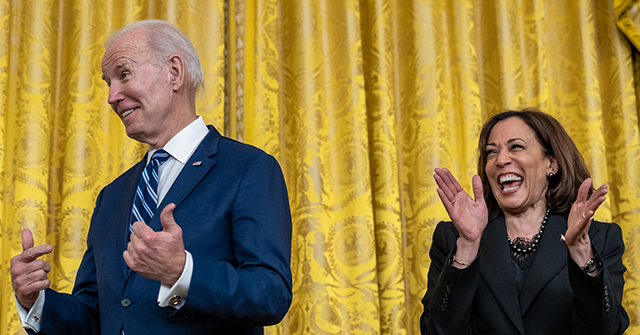On a recent episode of MSNBC’s “Andrea Mitchell Reports,” host Andrea Mitchell highlighted the complex and contradictory message from the Biden-Harris administration regarding Lebanon. She pointed out that after encountering challenges in brokering a ceasefire, the administration is urging Israel to cease its military actions against Beirut. However, they simultaneously assert that Israel is justified in targeting Hezbollah’s weapon stockpiles, which are reportedly located within the southern borders of Lebanon. This dual approach has led to confusion regarding the U.S. stance in the ongoing conflict, particularly in terms of its implications for regional stability and U.S. foreign policy.
During the segment, Mitchell consulted with Adm. James Stavridis, NBC News’ Chief International Analyst and retired NATO Supreme Allied Commander, to delve deeper into the situation. Stavridis echoed her concerns, emphasizing that the U.S. messaging lacks coherence following the failed attempt at securing a ceasefire at the United Nations. He noted that while the Biden administration seeks to halt Israel’s airstrikes on Beirut, it also legitimizes Israel’s military actions against Hezbollah, which complicates diplomatic efforts in the region and creates uncertainty about the U.S. role in addressing the conflict.
Stavridis outlined the major concerns surrounding Hezbollah’s arsenal, particularly a significant stockpile of surface-to-surface missiles that pose a threat to Israel’s security. He stressed that addressing these threats does not necessarily require an invasion of Beirut, implying that there are alternative strategies the Israeli military could pursue. This brings into question the practicality and effectiveness of the current military objectives, as well as the wider implications of continued hostilities for both Lebanon and Israel.
The U.S. government’s mixed messaging raises critical questions about its long-term strategy in the region. As the administration attempts to mediate peace while supporting one side militarily, it risks alienating key stakeholders and hindering diplomatic efforts. The situation is further complicated by regional dynamics, including Iran’s influence over Hezbollah and the ongoing conflict in Syria, which adds layers of geopolitical tension that the U.S. must navigate carefully.
Furthermore, the messaging from the administration affects public perception and the broader discourse around U.S. foreign policy in the Middle East. As citizens grapple with the implications of military involvement and humanitarian concerns, there is a growing need for clarity in U.S. objectives and actions. The duality of calling for restraint while permitting military strikes creates an environment where criticism can flourish, both domestically and internationally, impacting the U.S.’s credibility as a peacemaker.
In summary, the Biden-Harris administration faces a challenging landscape in Lebanon, complicated by mixed messages regarding its stance on Israeli military actions against Hezbollah. The lack of clarity in U.S. policy may undermine diplomatic efforts while raising significant concerns about regional stability. As the situation evolves, U.S. leaders must reconsider their approach to effectively navigate the complex web of relationships and threats in the Middle East, ensuring that their actions align with a coherent strategy that emphasizes peace and security.

